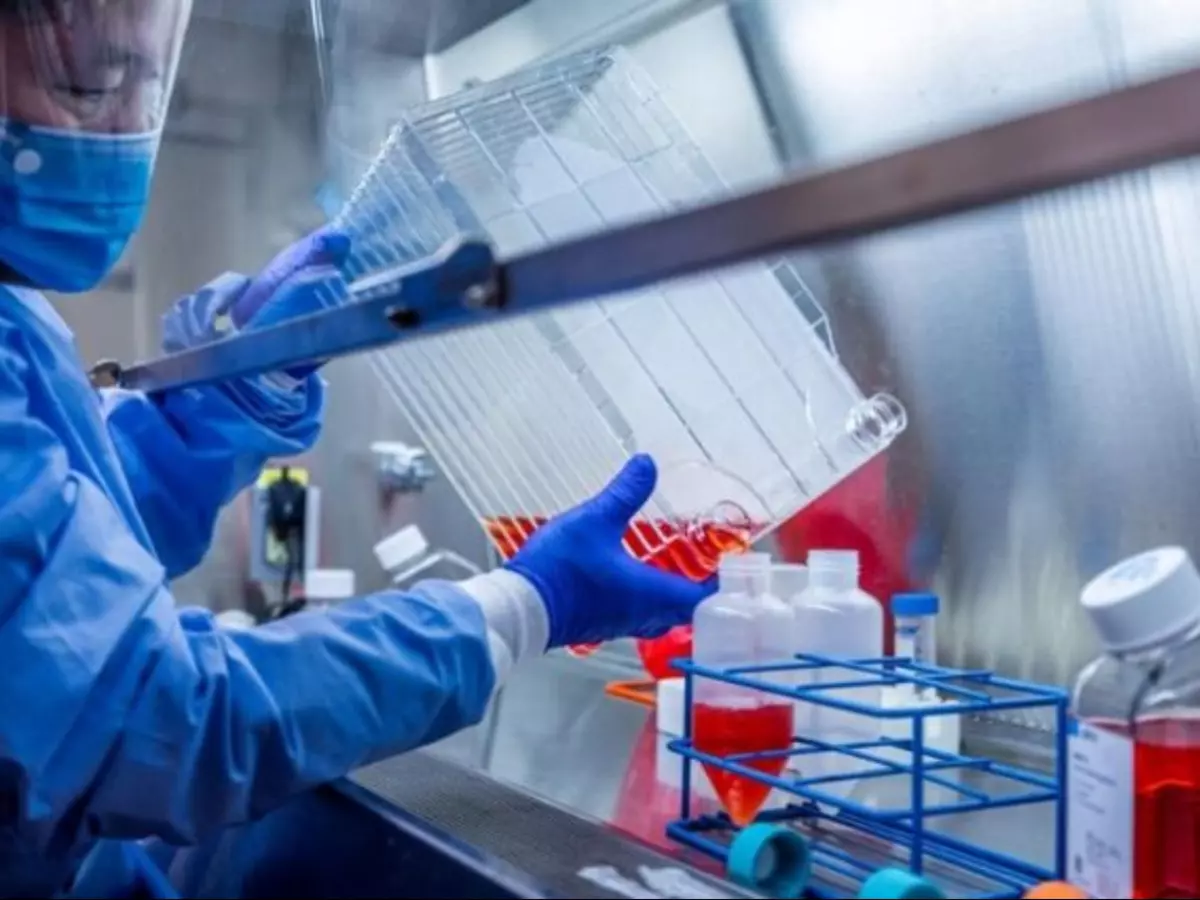Chinese Scientists Claim That A New Drug Can Stop Pandemic Without Vaccine
A new study by Chinese scientists claims that medication can help stop the coronavirus pandemic perhaps without a vaccine. The drug being developed at Chinas prestigious Peking University has been tested successfully on animals. Using antibodies in drug treatments is not a new approach and it has been successful in treating several other viruses such as HIV Ebola and MERS.

A new study by Chinese scientists claims that medication can help stop the coronavirus pandemic, perhaps, without a vaccine.
The drug being developed at China¡¯s prestigious Peking University has been tested successfully on animals.
Vaccines are basically chemicals that when injected into the body, help it develop antibodies. Antibodies, on the other hand, are developed by the body¡¯s immune system, to fight pathogens.
 Reuters
Reuters
In this study, scientists are neutralising antibodies produced by the human immune system, to prevent the virus infecting cells.
Sunny Xie, director of the university's Beijing Advanced Innovation Center for Genomics, told AFP "When we injected neutralising antibodies into infected mice, after five days the viral load was reduced by a the factor of 2,500," said Xie. "That means this potential drug has (a) therapeutic effect."
A study on the team's research was published in the scientific journal, Cell, suggests that using the antibodies provides a potential 'cure' for the disease and shortens recovery time.
Xie said his team had been working "day and night" searching for the antibody. "Our expertise is single-cell genomics rather than immunology or virology. When we realised that the single-cell genomic approach can effectively find the neutralising antibody we were thrilled."
"The hope is these neutralized antibodies can become a specialized drug that would stop the pandemic," he said.
China already has five potential coronavirus vaccines at the human trial stage, a health official said last week.
But the World Health Organization has warned that developing a vaccine could take 12 to 18 months.
 Reuters
Reuters
Xie added that the drug should be ready for use later this year and in time for any potential winter outbreak of the virus, which has already infected 4.8 million people around the world and killed more than 3,15,000.
"Planning for the clinical trial is underway," said Xie, adding it will be carried out in Australia and other countries, since cases have dwindled in China, offering fewer human guinea pigs for testing.
Using antibodies in drug treatments is not a new approach, and it has been successful in treating several other viruses such as HIV, Ebola and Middle East Respiratory Syndrome (MERS).
 AFP
AFP
Xie said his researchers had "an early start" since the outbreak started in China before spreading to other countries.
Ebola drug, Remdesivir, was considered a hopeful early treatment for COVID-19 - clinical trials in the US showed it shortened the recovery time in some patients by a third - but the difference in mortality rate was not significant.
